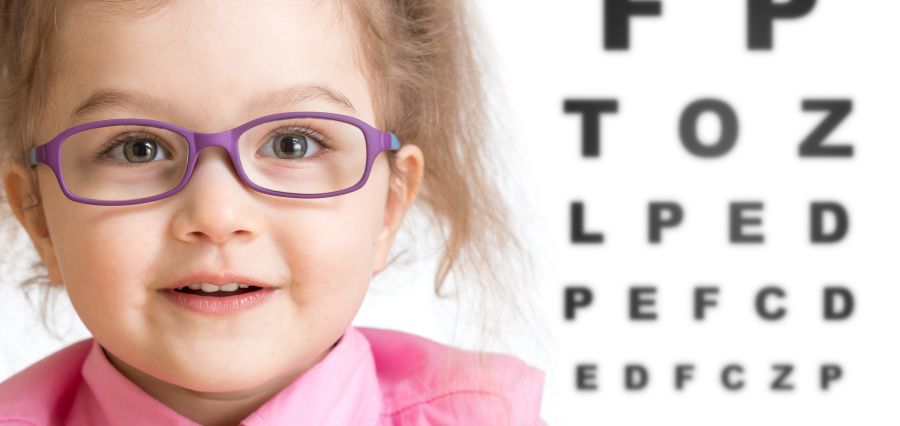Since the onset of the COVID-19 pandemic, 10 to 30 percent of the general population has experienced virus-induced cognitive impairments, such as trouble concentrating, brain fog, or memory loss. This prompted a team of researchers to investigate the underlying mechanism of these cognitive changes and identify a specific protein responsible for them.
A new study published in Nature Immunology, led by researchers from Western University and Washington University School of Medicine in St. Louis, Missouri, also examined how vaccination might mitigate memory loss following COVID-19 infections.
The research team, which included Dr. Robyn Klein, a professor at the Schulich School of Medicine & Dentistry who joined Western from Washington University, utilized rodent models to gain insights into how COVID-19 affects cognitive function.
“We closely examined their brains during acute infection and post-recovery to identify abnormalities in immune cell activity and their effects on neural cells,” explained Klein, who holds the Canada Excellence Research Chair in Neurovirology and Neuroimmunology.
Klein’s concern over early reports of cognitive impairment during the pandemic led researchers to investigate whether the virus was invading the central nervous system. Her previous work on viruses that invade the brain informed this study.
“We previously found that the virus could not be detected in human or hamster brains, and this study confirmed that the virus was not invading the central nervous system,” said Klein. This finding indicated that another mechanism was causing cognitive impairment.
The researchers identified that SARS-CoV-2 infection increased levels of brain Interleukin-1 beta (IL-1β), a cytokine protein affecting the immune system. Elevated IL-1β levels were associated with reduced neurogenesis—the formation of new neurons—and memory loss in the rodent models.
The team concluded that IL-1β was a potential driver of SARS-CoV-2-induced cognitive impairment and hypothesized that vaccination might prevent this.
They then explored the impact of vaccination on these models and discovered a promising link between vaccination and reduced cognitive impairments, such as memory loss. The vaccinated models showed reduced brain inflammation and lower IL-1β levels, leading to less impact on memory and brain function.
Klein noted that more research is needed to fully understand how vaccinations achieve this result and whether it translates to humans.
“We have anecdotal evidence suggesting that vaccinated individuals have a lower risk of developing long COVID brain fog,” said Klein.
However, she emphasized that the vaccine used in the study differs from those available to the public, necessitating further studies to explore the connection between vaccination and reduced long COVID impacts.
“What we do know is that if you’re vaccinated, you have much less inflammation,” Klein concluded.
Read More: Click Here





